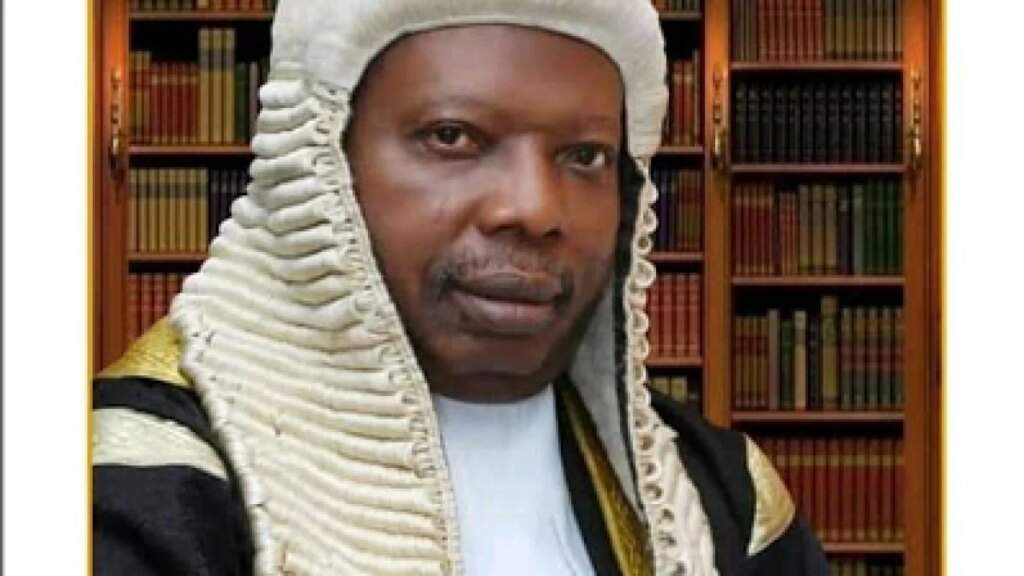In a bold move to contest his recent impeachment, Olakunle Oluomo, the former Speaker of the Ogun State House of Assembly, has taken legal action by filing a suit in the state High Court. Oluomo’s decisive response follows a period of silence after his abrupt removal from office, with the Speaker expressing strong reservations about the due process of his impeachment.
The impeachment, orchestrated by 18 out of 26 lawmakers, cited Oluomo’s alleged arrogance and highhandedness as primary reasons. However, the former Speaker has vehemently disputed these claims, labeling the impeachment as illegal and reflective of a lack of due process. Oluomo, who had previously faced legal scrutiny from the Economic Financial Crimes Commission (EFCC) over alleged financial mismanagement amounting to N2.5 billion, has now turned the tables by challenging the legitimacy of his ousting.
Emphasizing his commitment to upholding the rule of law, Oluomo expressed his motivation for seeking judicial intervention, underscoring the fundamental principle of due process. “I am a believer in the rule of law, that’s why I went to court,” Oluomo stated, evidently determined to pursue legal recourse in the face of adversity. He further clarified, “I don’t mind the number of persons who signed just to follow due process.”
The implications of this legal confrontation are far-reaching, not only for Oluomo’s political future but also for institutional norms within the Ogun State House of Assembly. By challenging the circumstances of his removal, Oluomo seeks to establish a precedent that would safeguard the rights of officeholders and ensure that such critical decisions are made in accordance with established legal procedures.
As the drama unfolds, the courtroom will become the stage upon which the fate of Oluomo’s speakership hangs in the balance. The verdict of the Ogun State High Court, anticipated on the 7th of February, will serve as a watershed moment, potentially reshaping the dynamics of power and governance in the state. Oluomo’s principled stand in seeking judicial redress encapsulates the very essence of democratic values, steering the spotlight toward the integrity of procedural justice and the rule of law.
